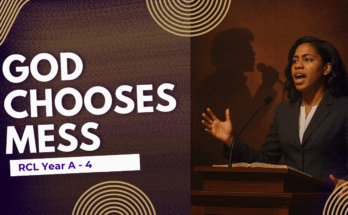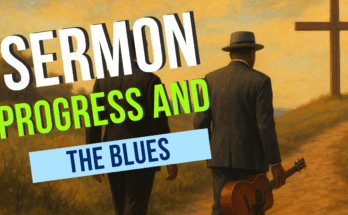As an Amazon Associate I earn from qualifying purchases.
Paul Scott Wilson, on page 22 of the first edition of the book The Practice of Preaching quotes Phillip Brooks at length in writing:
Much of our preaching is like delivering lectures upon medicine to sick people. The lecture is true. The lecture is interesting. Nay, the truth of the lecture is important, and if the sick man could lean the truth of the lecture he would be a better patient, he would take his medicine more responsibility and regulate his diet more intelligently. But still the fact remains that the lecture is not medicine, and that to give the medicine, not to deliver the lecture is the preacher’s duty.”
The People May Marvel, but Are they Changed?
This quote is filled with profound thoughts. There are definitely preachers who think that their job is simply to tell the truth. They simply speak the truth and sit down. Some would even argue that application is the job of the hearer. But even those who attempt to apply the message in the life of the believer simply have a religious lecture. The people marvel at the knoweldge of the preacher, but go away unchanged.
Then there are those preachers who think that the sermon is a form of religious entertainment. They know exactly the right buttons to press to get the desired result of congregational jubilation. However, the people may marvel at the preacher’s ability, but they also go away unchanged.
Is Church Truly a Hospital?
But if we are truly going to use the metaphor of the church being a “hospital for sinners” as we are so often taught, then we must recognize that the sick don’t go
to the hospital with the intention of dying. They go to the hospital with the intention of getting medicine that will heal them. They do need information,and the best doctors give that to them, but they don’t go to the hospital to hear a lecture about the etymology and history of the ailment that has afflicted them. Neither do they go to the hospital to simply hear a word of encouragement that may make them feel better, but does not change the condition. No, they come for healing.
Brooks’ reminds us that it is our job to give the medicine. The sermon is medicine. You will learn something, but it is medicine. In many cases, you may get happy, but it is medicine. Medicine that supply’s according to Wilson, “renewed hope, stronger faith, and recommitment to mission.” It is medicine that changes things. As you put together your next message. Please think about what kind of medicine does your message provide? Have a purpose of transformation in your sermons. And if you don’t have this dimension to your sermon, then go back to the drawing board and come up with one that will invite the people to experience the transforming God.
Amazon and the Amazon logo are trademarks of Amazon.com, Inc, or its affiliates.





